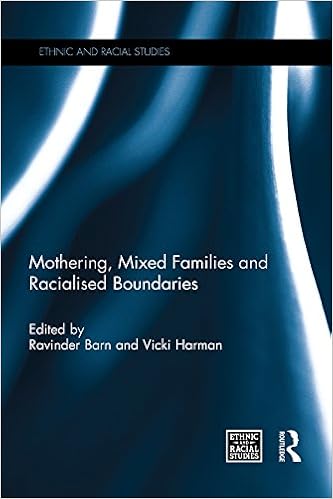New Du Bois Review Study Confirms the Obvious: U.S. Latinos Are Not ‘Becoming White’Posted in Articles, Census/Demographics, Interviews, Latino Studies, Media Archive, Social Work, United States on 2016-02-28 15:01Z by Steven |
New Du Bois Review Study Confirms the Obvious: U.S. Latinos Are Not ‘Becoming White’
Latino Rebels
2015-05-28
Last year, we spent a lot of time countering slippery claims and misreporting by several nationally recognized writers (specifically Jamelle Bouie and Nate Cohn) who were pushing a mainstream media narrative that more and more U.S. Latinos were becoming “White” in this country. The pieces we published from several contributors were quick to refute how writers like Bouie and Cohn lacked any real knowledge or understanding of this topic.
A new study called “LATINA/O WHITENING? Which Latina/os Self-Classify as White and Report Being Perceived as White by Other Americans?” was recently published in the Du Bois Review. Dr. Nicholas Vargas, the study’s author, is an Assistant Professor in the School of Economic, Political, and Policy Sciences at The University of Texas at Dallas. After reading Vargas’ study (you can download the full study here), our founder and publisher @julito77 sent Dr. Vargas a few questions via email. Here is what Dr. Vargas sent back to us:
What prompted you to do this study?
VARGAS: As I became more familiar with the scholarly literature on assimilation, a literature that is informed primarily by the assimilation trajectories of Eastern and Southern European groups of the early 20th century, I came across a number of arguments that Latina/os would soon be following in their footsteps. The argument is that Latina/os will come to identify as White and look back on their Latina/o identities much the same way that many Whites today look back to a detached Irish or Italian heritage. Some of these arguments suggested that Latina/o racial self-identification as White on the U.S. Census and other surveys could be a sign that the process of Latina/o Whitening is already underway. Journalists proclaimed that if Latina/os are identifying as White, then they are probably “becoming White” the same way that others have in the past…
Read the entire interview here.


